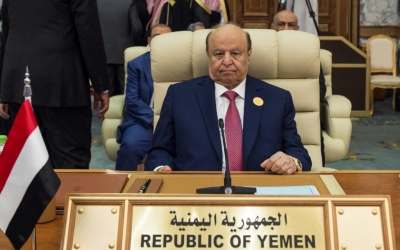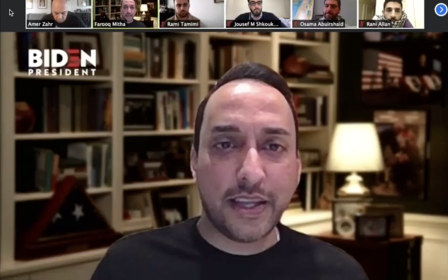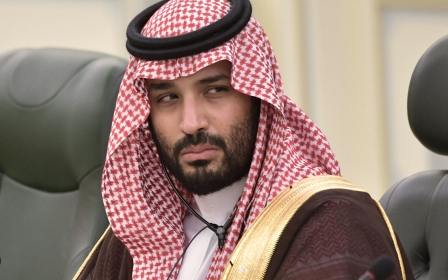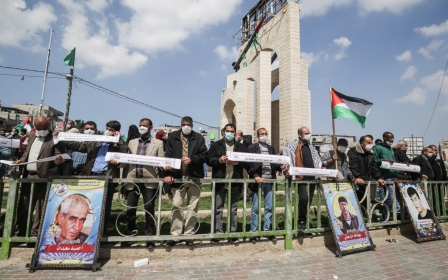Arabic press review: Saudi crown prince lashes out at Yemeni president
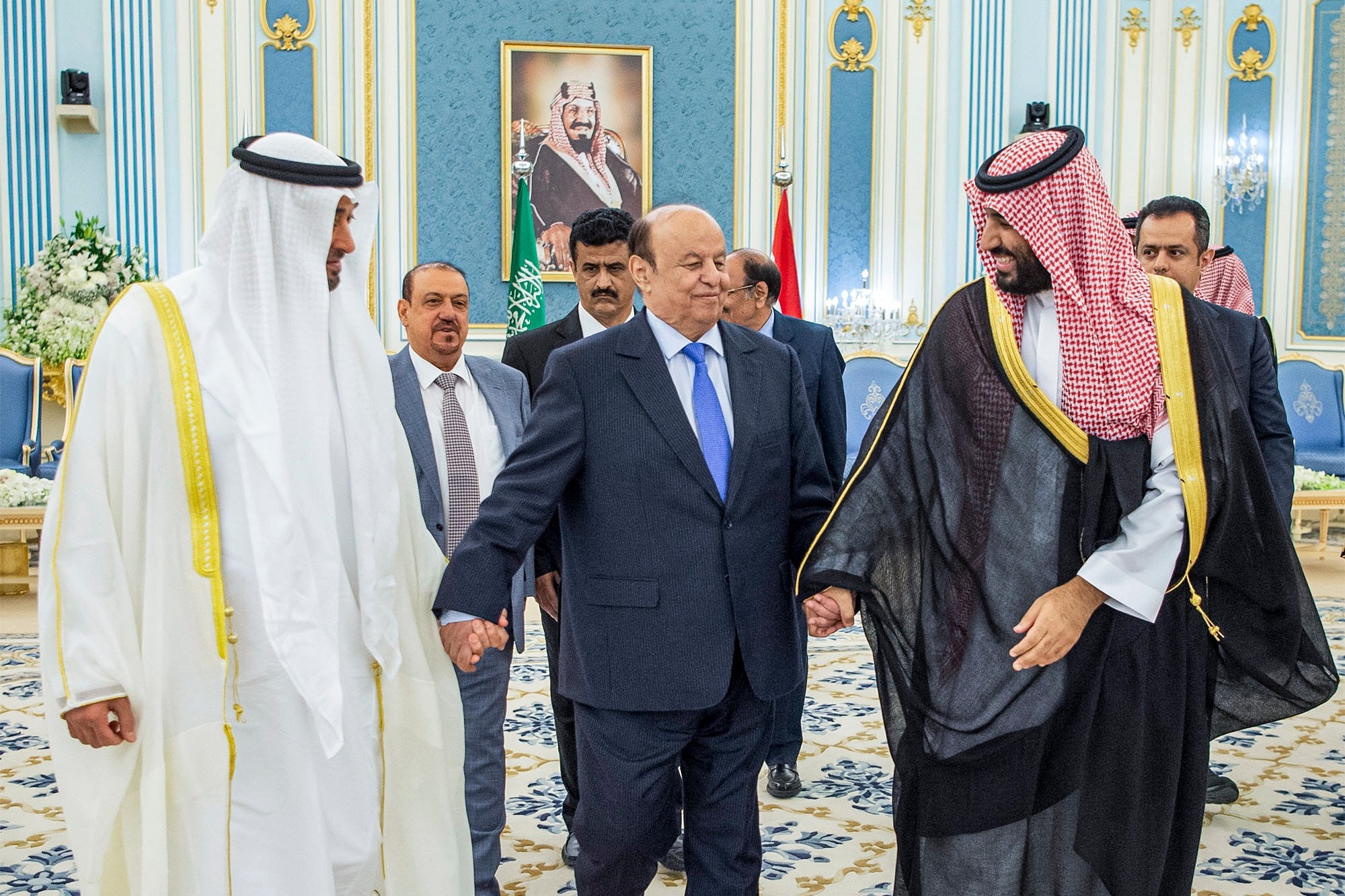
MBS criticises Hadi's reservations over the new government in Yemen
Saudi Crown Prince Mohammed bin Salman has expressed concern and anger over Yemeni President Abd Rabbuh Mansour Hadi’s reservations over the new government in Yemen, which is heavily influenced by the UAE, according to an exclusive report published in Yemen Net.
Private sources, who spoke on condition of anonymity, confirmed that Hadi asked to meet King Salman to put an end to Emirati influence in his country, according to the Yemeni website.
In a strongly worded letter, the crown prince told Hadi not to forget the support provided by Saudi Arabia for his legitimacy, and advised him not to cross it again, according to the sources.
“Do not exceed your status as a resident," an infuriated Mohammed bin Salman wrote to Hadi.
“King Salman is dealing with more important issues than Hadi's complaints. Hadi and his government should deal with the UAE as a main partner in this war, and not to openly accuse it of its legitimate interventions in Yemen,” read the letter.
The letter also “asked the Yemeni president to direct his government and advisers not to state to the media their resentment of the Emirati role inside southern Yemen, and that they should accept the transitional council a de facto authority, and deal with it on this basis”, according to the report.
The crown prince also expressed anger at Yemeni officials criticising Riyadh's role in Yemen and at accusations of its collusion with the Emirates in the island of Socotra, which was seized by forces allied to the UAE in June.
The letter was sent earlier this month through the Saudi Arabia’s Ambassador to Yemen Muhammad al-Jaber, the sources claimed.
Yemen’s president has been residing in Saudi Arabia since fleeing his country in 2015.
Hamas rejects $15bn offer under ‘Deal of the Century’
Hamas's leader has revealed that the Palestinian movement received an offer under the US "deal of the century" framework of $15bn for the construction of infrastructure projects in the Gaza Strip, which it has refused to accept, in an exclusive interview with the Qatari-based newspaper Lusail.
Ismail Haniya, Hamas’ political bureau chief, told the paper in return for the offer it was told it must disarm and merge into the police forces, thus ending the resistance and abandoning its fight for Jerusalem.
The infrastructure projects were to include an airport and a port.
“Hamas will not accept the deal of the century or any other offer made within this framework,” Haniya said.
He also announced that there would soon be a Palestinian conference in the Gaza Strip that will be attended by Palestinian Authority President Mahmoud Abbas.
“The upcoming American elections will have repercussions on the Palestinian issue, the deal of the century and the Gulf crisis in the event of a change in the White House,” he said.
Haniya also said that Hamas welcomes the Qatari role in bringing differing Palestinian perspectives closer.
"Qatar enjoys good relations with all Palestinian parties, and it can play the role of honest broker in the dialogue between the Fatah and Hamas movements.”
He pointed out that Qatar has provided $1bn in aid to Gaza during the past 10 years, but the economic situation in the enclave has suffered due to the blockade, the coronavirus pandemic, and sanctions imposed by the PA in the West Bank.
Emirati minister’s cancer explains his absence
The UAE Minister of State for Foreign Affairs Anwar Gargash has been diagnosed with cancer, leading to his absence from the political sphere in the Gulf region, Alkhaleej Online reported.
A private source, who spoke on the condition of anonymity citing security reasons, told the UAE-based paper of the minister’s illness.
The Emirati minister has remained absent for three weeks, according to Alkhaleej Online.
In response to a question about the most likely candidate to succeed Gargash, Emirati oppositionist Jassem Al Shamsi said: “The position is sovereign and it is not possible to choose a candidate from among the ministry's staff.”
Shamsi added that the most likely scenario is to bring in a person from outside the ministry. He stressed that this happens in coordination and consultation between the emirates of Abu Dhabi and Dubai, and under the two parties’ agreement.
Middle East Eye delivers independent and unrivalled coverage and analysis of the Middle East, North Africa and beyond. To learn more about republishing this content and the associated fees, please fill out this form. More about MEE can be found here.


